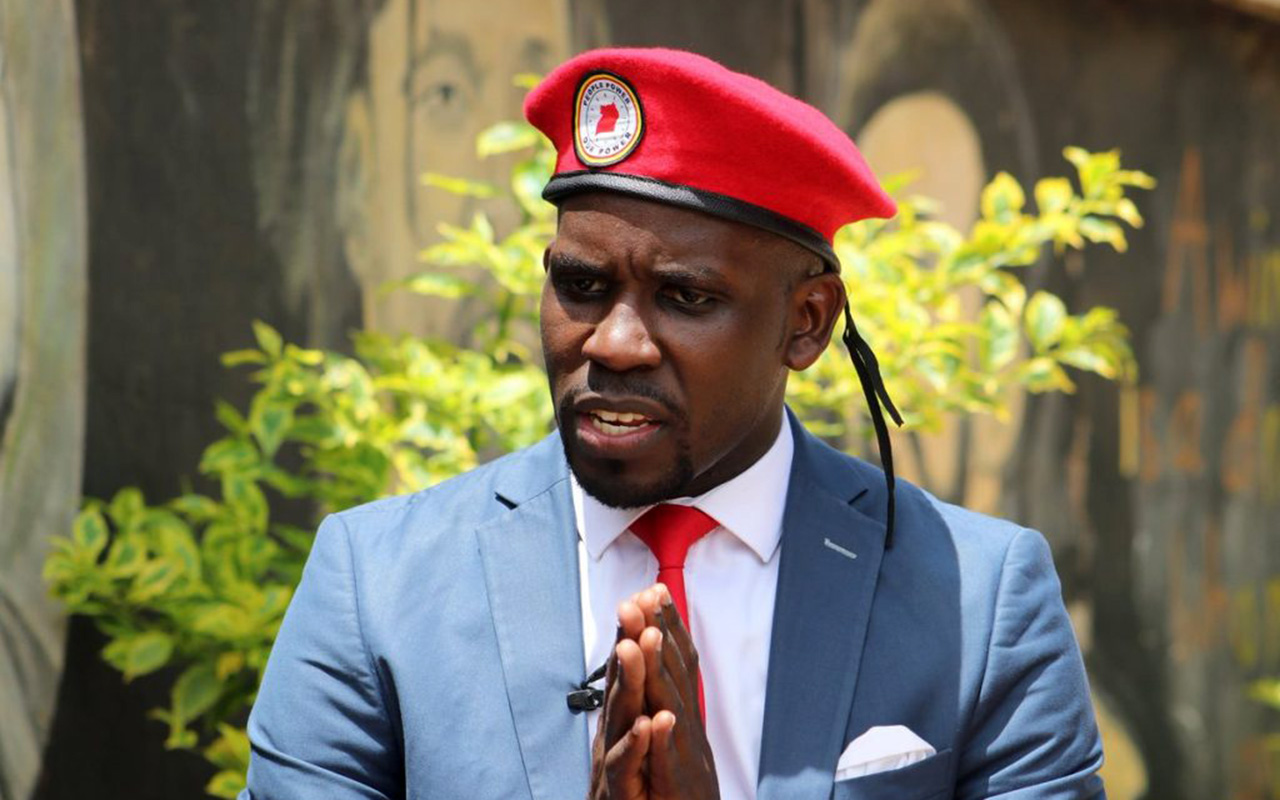In a recent statement, opposition leader Joel Ssenyonyi criticized the government’s increased scrutiny in the voter registration process, arguing that it reflects a deep fear of young voters seeking change. According to Ssenyonyi, the regime is making the process unnecessarily difficult in an attempt to discourage first-time voters from participating in the upcoming elections.
Ssenyonyi pointed out that new voters are now required to be verified by local officials, such as LC1, PISO, DISO, and RDCs, before being allowed to register. He argues that this added verification process is a deliberate tactic designed to undermine the participation of youth in the political process.
“These extra steps are not only burdensome but also a clear attempt to suppress the votes of the young people who are eager for change. It is a strategy to limit their access to the ballot box and discourage them from exercising their democratic rights,” Ssenyonyi stated.
Young voters, who have consistently been a powerful force for change in many countries, represent a significant portion of the population in Uganda. Their desire for a shift in the political landscape is viewed as a threat by the ruling regime, which has long been criticized for its authoritarian tactics and failure to address the needs and aspirations of the youth.
The requirement for additional verification by local authorities, Ssenyonyi continued, not only delays the registration process but also places undue pressure on voters, many of whom may lack the resources or support to meet the stringent demands of the regime. This practice, he argues, discourages youth participation and could ultimately skew the results of the election in favor of those already in power.
As the registration period continues, civil society organizations and opposition leaders have called for a more transparent, accessible, and fair process that enables all eligible voters, particularly the youth, to freely and fairly participate in the democratic process.
The government has yet to respond to these accusations, but the controversy continues to highlight the broader debate over voter rights and access to democracy in Uganda. With the election season heating up, the fear of young voters driving change remains a central issue in the political conversation.

